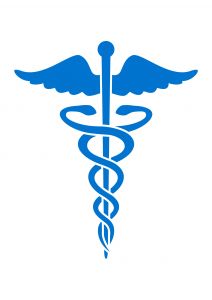Our Boston product liability lawyers recently discussed the arrest of NECC owners and employees in connection with the meningitis outbreak that occurred in 2012. The outbreak, which left 64 dead and caused more than 750 people to contract meningitis, was traced to contaminated steroids from the New England Compounding Center. The contamination occurred because basic safety protocols were not followed when the drugs were being compounded and packaged. 
Following the public health crisis due to the contaminated steroids, NECC went bankrupt. This left many victims turning to suing sister companies of NECC to try to recover compensation for their monetary and non-economic damages. It also left the NECC owners and employees without any consequences to face for what they had done. Now, however, the arrest of the owners and of some high level employees at the pharmacy could change things.
Continue reading
 Product Liability Lawyer Blog
Product Liability Lawyer Blog




